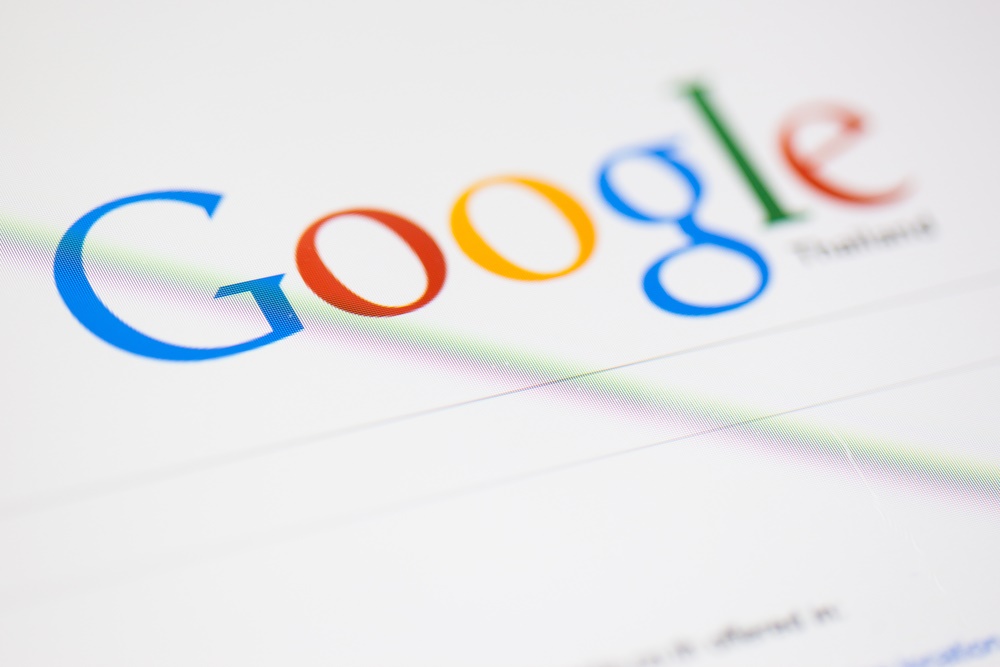Google Enters the IoT Space with a New Operating System

Google is the latest giant tech company to enter the IoT space with Fuchsia – a new operating system that seems to be targeting IoT devices.
Little, if anything, has been officially announced, but the code has been publicly released. It’s use of Magneta, based on the LittleKernel Project, a far more scalable kernel than Linux’s, which is currently used on Chrome and Android, has led many to speculate the new OS is targeted at the IoT market as it is far more suitable for small devices.
Apparent Google employees stated on the projects public discussion channel that they will not confirm or deny anything. Much therefore is currently speculation. A developer that seems to be familiar with the code and developers’ discussions speculated that Little Kernel (LK) is seen as much safer and suitable for small devices as it uses few lines of code:
I think they are going for a microkernel or exokernel approach… I think they want a stable interface for developing device drivers. LK would be kept as small as possible and focused at embedded and IoT markets (just my own speculation).
Microkernels are usually seen in high regard for safety critical industries because its less lines of code they need to audit and formally verify is correct. Linux is getting larger and larger as it merges new e.g ipc systems and new device drivers etc into the codebase. And there are ways of disabling stuff at compile time. It’s just a different approach to things.
Google has been quietly developing a number of services for IoT devices, announcing an IoT technology research award pilot earlier this year to incentivize university researchers to submit IoT related proposals. The announcement details IoT-related products Google has already launched – including cloud and data analytics solutions for IoT devices and OnHub router, “a communication hub for the Internet of Things.”
The IoT market is estimated in trillions with the infrastructure currently being built at a fast pace as seemingly almost all giant tech companies position themselves for what some say is an upcoming transformation at the scale of an industrial revolution.
Cisco seems to be focusing on IoT hardware while Google, if the speculations are confirmed, appears to be addressing IoT software. Thomson Reuters is seemingly capitalizing on their information expertize by developing data analytics solution for IoT devices while Microsoft may be focusing on cloud services as well as, perhaps, backing Ethereum’s public blockchain. IBM, as always, seems to be doing a little bit of everything, including Hyperledger, an open source private blockchain protocol.
It is, however, far too early to pigeonhole any company with most of them working on numerous IoT-related projects that transcend any category, especially corporations and developers working on public blockchains such as Ethereum’s. They sit in the middle, with industrial smart contracts often requiring hardware such as sensors, software to communicate with the hardware, data analytics and perhaps cloud computing to make sense of everything and the blockchain aspect itself to connect them all where value is to be exchanged.
An interdisciplinary approach is therefore often required at the end product stage, but we are still currently building the infrastructure with any end product very much in alpha.
Featured image from GongTo via Shutterstock.